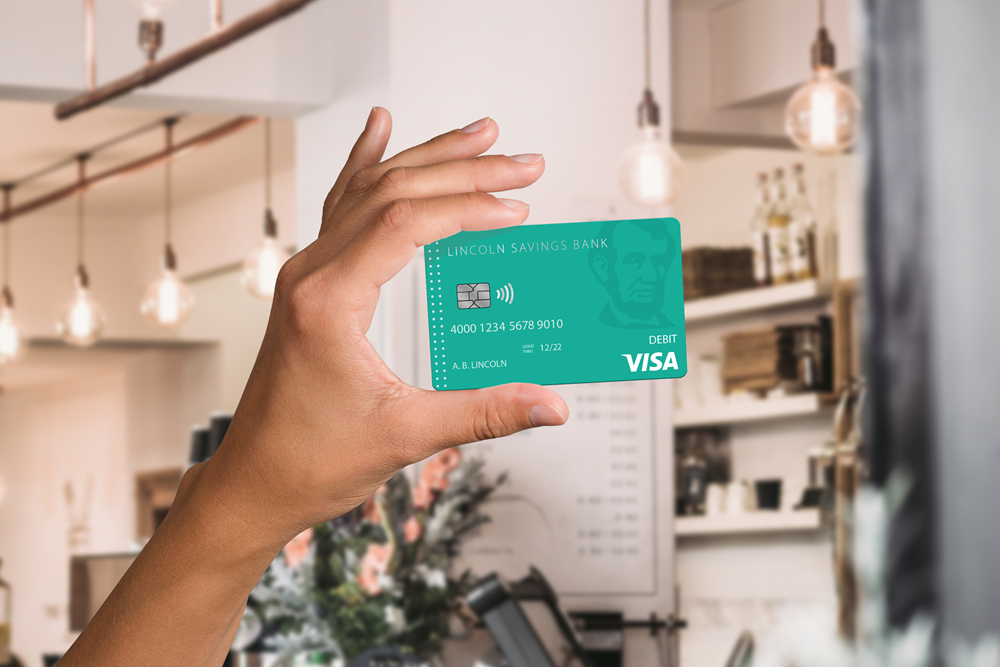Topic: Cybersecurity
Types of Fraud Every Business Should Know About
Payments fraud has been an ongoing problem and shows no signs of letting up. The more you can understand about fraud, the more prepared you can be.
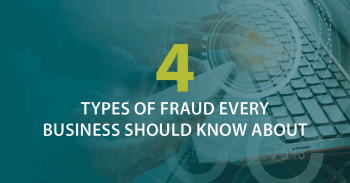
Prevent Account Takeover Fraud
You could be at risk to fall victim to identity theft and account fraud. Protect yourself and your assets by following these steps and keeping your private information guarded.
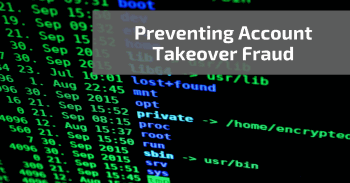
Don't Fall For Fraud
Don't Fall For Fraud posted 4/27/2015 in General Fraudulent fraud departments? While it may seem crazy, these are just the latest attempt by scammers acros
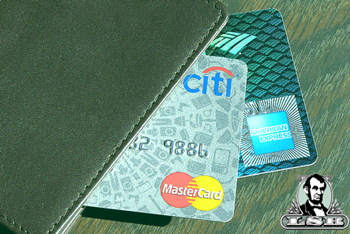
8 Tips to Protect Your Identity
Keep your information away from online phishers and scammers. These are a few simple ways to protect your privacy so you don't become the victim of theft.
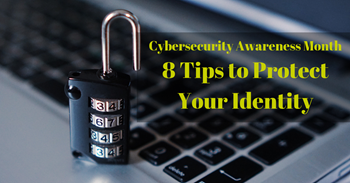
There's Safety in Numbers and Symbols!
How to create a secure password and protect yourself against unauthorized use and activity online.
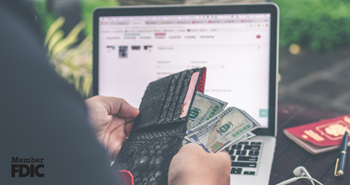
8 Tips for Avoiding Cyber Criminals
8 Tips for Avoiding Cyber Criminals posted 1/30/2015 in Banking Online security is an ever changing and evolving topic. Last month we touched on shopping s
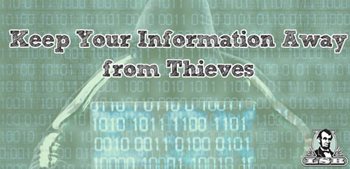
What to do if your a target of tax scammers?
Tax identity theft happens when someone files a fake tax return using your personal information, like your Social Security number, to get a tax refund.
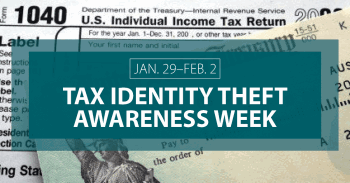
How to Avoid Phishing Attempts Online
At Lincoln Savings Bank, we're invested in the growth and financial security of our customers, and today we're ready to help face this obstacle head-on with a few tips and tricks to avoid unwanted phishing schemes online.

Business Data Theft
LSB Insurance wants to help your business avoid data theft and cyber liability losses.

How to Keep Yourself Safe While Working Remote
How to Keep Yourself Safe While Working Remote posted 5/11/2020 in Cybersecurity Countless things have changed within our individual worlds over the past s

Information Regarding Equifax Data Breach
This is what we know according to Equifax: the data breach occurred May July 2017, and the information stolen includes consumers' personally-identifiable information, including names, Social Security numbers, dates of birth, addresses and, in some cases, driver's license numbers. Approximately 209,000 credit card numbers and dispute documents with personally-identifiable information for approximately 182,000 consumers were also stolen. There is no evidence of unauthorized access to consumers' credit reporting databases.


